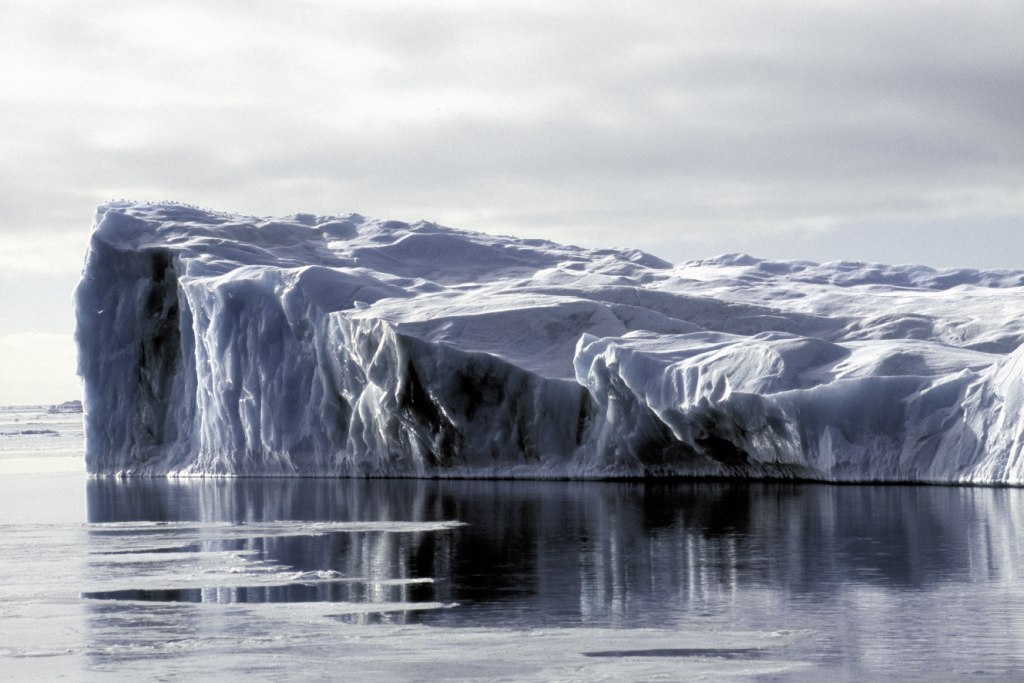
Worldwide publicity surrounding the calving of an iceberg the size of Delaware in July 2017 from the Larsen C Ice Shelf on the eastern side of the Antarctic Peninsula presents a unique and time-sensitive opportunity for research and education on polar ecosystems in a changing climate. The FSUCML will host a workshop that will draw from the large fund of intellectual capital in the US and international Antarctic research communities. The two-day event will be held at Florida State University, Coastal and Marine Laboratory on the Gulf Coast, mid-November 2017, organized by Jeroen Ingels (Florida State University, FSU), Richard Aronson (Florida Institute of Technology; FIT), and Craig Smith (University of Hawaii at Manoa; UHM). A consortium of researchers with expertise in Antarctic biological, ecological, and ecosystem sciences will be gathered to share knowledge, identify important research priorities and knowledge gaps, and outline strategic plans for research. The workshop will help advance scientific and public understanding of the continent-wide changes that Antarctic ice shelves and surrounding ecosystems are experiencing in response to warming, and will benefit Antarctic research, education, and outreach. The organizers, together with the outreach team (Dr. Heidi Geisz, Barbara Shoplock, Dr. Emily Dolan) have engaged several school groups to provide an interactive experience for K-12 children with a hands-on ‘Polar Academy' and a creative display session at the scientific workshop. Children will interact with Antarctic researchers and become familiar with Antarctic science, organisms, ecosystems and current issues. The workshop is funded by NSF OPP #1750903
